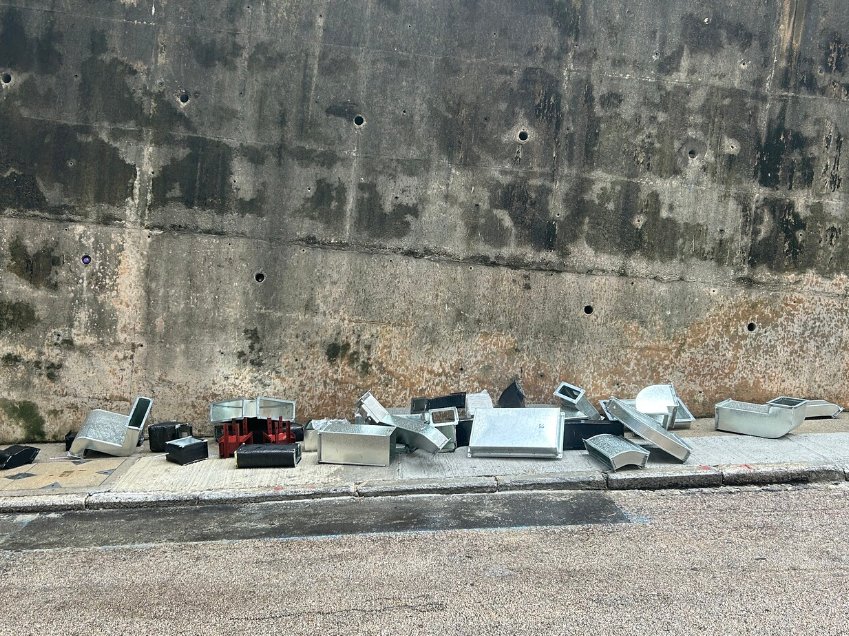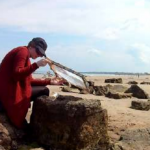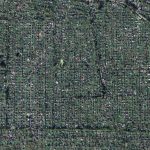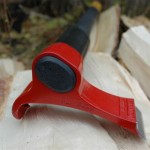“The SmolPhone project is an action research on the topic of low-tech in the domain of IT systems. Its practical aspects consist in designing a sort of low-tech smartphone offering some services of a classical smartphone with a one-week battery lifetime. The goal is not to optimize a typical smartphone but rather to reconsider the smartphone design space, exploring unusual architectures and evaluating the set of features that should be part of long-lasting smartphones.”
Quoted from: Rautureau, Aloïs, et al. “Quantifying the tiny-Small design of the SmolPhone.” ICT For Sustainability (ICT4S). 2024. Related articles.









